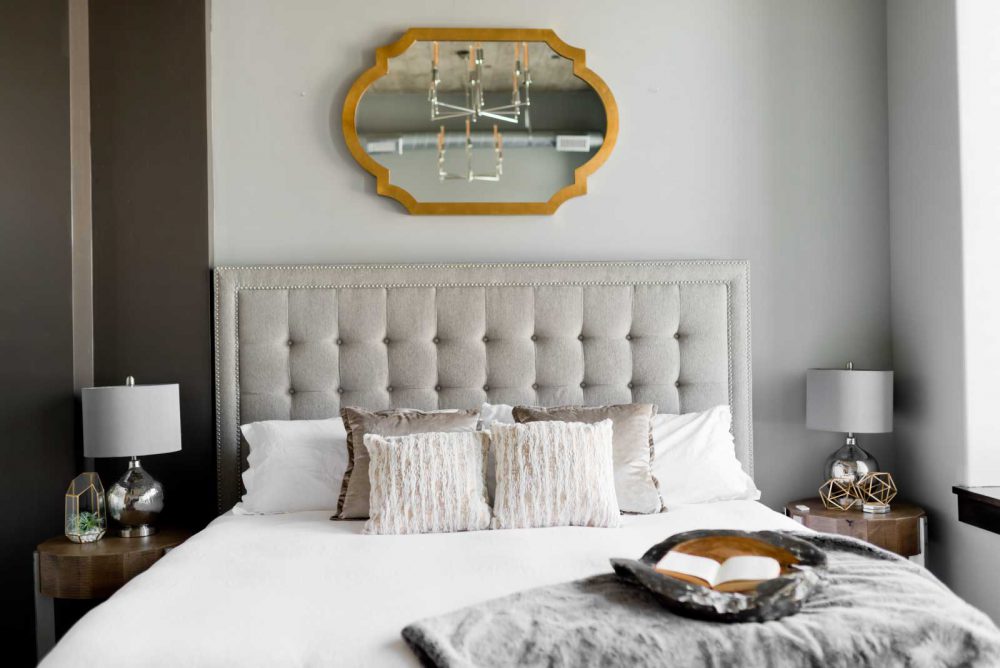How to Fix a Broken Hotel Guest Experience
October 12, 2021
Jeremy Wells
Whether you realize it or not, your guests are an extended part of your brand’s family, so you need to pay attention to them. Ignoring your guest’s needs or disregarding their preferences isn’t a great way to show hospitality, right? The guest experience is really the life-blood of your hotel, and it’s determined by so many factors, including your booking process, your staff’s behavior toward the guest, designs of your rooms and spaces, and even the choice of bathroom fixtures throughout your hotel.
Many hoteliers rely too heavily on their amenities and basic hotel services to drive their guest experience – which is no strategy at all.
Most hoteliers understand the need for a quality guest experience, but many may not understand how exactly to create a strategy for an exceptional one. Many hoteliers rely too heavily on their amenities and basic hotel services to drive their guest experience – which is no strategy at all. The guest experience is about the conversation, not your product.
It’s important to be self-aware about where your hotel’s experience is currently, and what can be improved. Every brand needs to be constantly benchmarking their properties against competitors, understanding their guests better, and striving to become the best in class. But, how exactly do you improve the guest experience on your hotel property?
This topic is of utmost importance for hotels, especially given that in recent years consumers trends have shown that people have transitioned from spending their money on experiences rather than goods. Additionally, consumers’ spending on experiences has grown faster than overall experiences.
In this insight article, we’re going to review some ideas about how to have healthier conversations and interactions with your guests.
Identify friction points in the guest journey
Friction is what causes guests to leave, and it’s everywhere. From check-in to check-out, there are many ways in which the experience can go awry. All you have to do is identify where it happens. To do this, you need to review each stage of the guest journey.
Find out where your hotel is failing to perform; read guest reviews, get feedback, ask your team members.
The guest journey begins when they think about booking with you; it continues through their actual stay, and it ends when they leave and tell others about their experience. At each stage, your hotel must deliver on its promise.
It’s all about the (guest) journey
What makes a truly great experience is the little things.
Today, brands need to think about how they can create brand touchpoints that will enhance their guest’s travel experience and keep them engaged throughout their journey to their destination.
From the moment guests book a room, to the time they check-in, to the time they leave, every touchpoint matters. And no matter how many guest surveys you send out or focus groups you hold… there’s no better way to get feedback than by keeping your eyes on the path of your customer.
What makes a truly great experience is the little things. That’s why every brand should focus on the journey their guests take to make sure they are executing the basics right.
Aligning your brand strategy and experience strategy
There is a lot of work that goes into creating a truly great guest experience. Your team needs to be aligned with your brand and goals, your products and services need to be in alignment, and you need to be in alignment with your community.
The first step in creating alignment for your hotel brand is defining what it actually is. A clear definition of your hotel’s brand will help you create consistency in message across all channels—from website to guest room to spa to social media—and make sure everyone in your organization understands their role in creating a great guest experience.
With all the moving parts and touchpoints, there is a lot of opportunities for things to go wrong. It’s easy to make mistakes and harder to recover from them, especially if you are not in line with your brand.
You can’t be everything to everyone
To improve your hotel’s guest experience, you need to understand who the target guest is, what they care about, why they book with you, what their needs are, and deliver a guest experience that fills those needs.
Your target guest is much more than just demographics.
We design the experience based on the needs of our guests; what they want, why they want it, what they expect, how we can deliver that better than anyone else. The more aligned we are with the guest’s expectations, the greater chance we have to wow them.
Your target guest is much more than just demographics. It’s not just age, gender, location, income level, or family size. For example, your target guest maybe someone who wants to travel but doesn’t have time to plan it, so they go online and book right away because they don’t have time to shop around. Or, your target guest may need guidance and support while traveling. They need technology at their fingertips, so they don’t have to constantly be calling the front desk or searching for answers on their mobile device or laptop.
Look beyond the typical demographics, and study the mindset, values, and needs of your guests and cater to those.
Be proactive about your guest’s needs
There is an art to anticipating your guest’s needs. Keeping your ear to the ground and asking questions can help you identify the finer details that will differentiate your hotel from others. Your hotel needs to surprise and delight its guests with unexpected perks that go beyond the basics of customer service.
A proactive brand is one that takes the initiative to solve problems before they occur, whether it’s by addressing customer service issues before they happen or offering solutions to common traveler complaints in advance.
When in doubt, rely on the age-old saying, “Underpromise and overdeliver.” To create an exceptional experience for your guests, you need to manage their expectations from the moment they are considering booking with you.
Conclusion
Your guest experience can be one of the strongest factors in the healthy positioning of your hotel, so it’s worth the investment to do it right. Each property, each market, and each team is different, and at the end of the day, it’s important to be authentic to who you are. Not every hotel needs to deliver a 5-star Ritz-Carlton experience, but this doesn’t excuse you from making the extra effort to know your guests better and deliver above and beyond their expectations.
I hope you found this article helpful, and if you’d like to dive deeper with Longitude° please don’t hesitate to reach out to me at jeremy@longitudebranding.com
Jeremy Wells
Partner at Longitude°
Jeremy is the author of Future Hospitality and Brand Strategist at Longitude°. As a member of the Education Committee for The Boutique & Lifestyle Leaders Association (BLLA) and a content contributor to Cornell University’s Hospitality Vision and Concept Design graduate program, he is a committed thought leader in hotel branding, concepting, and experience strategy.






